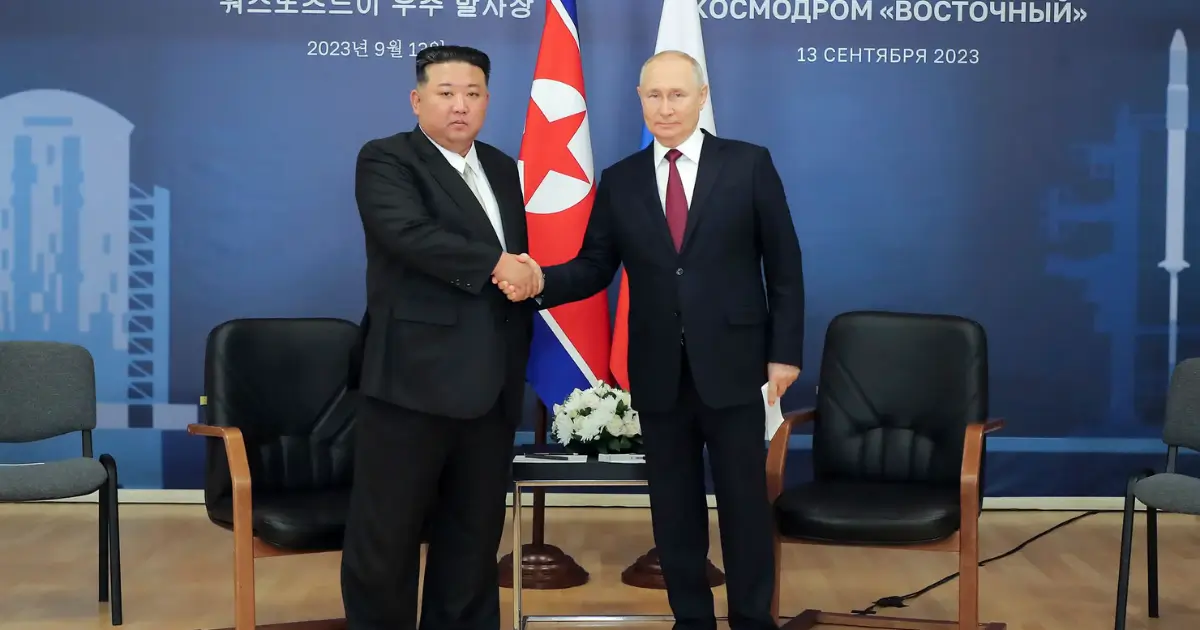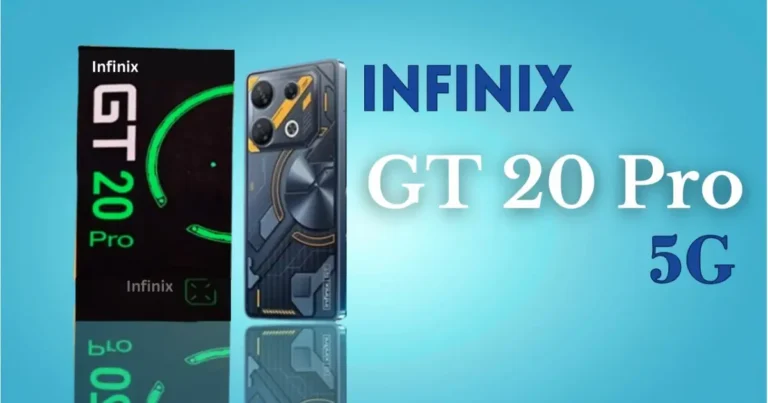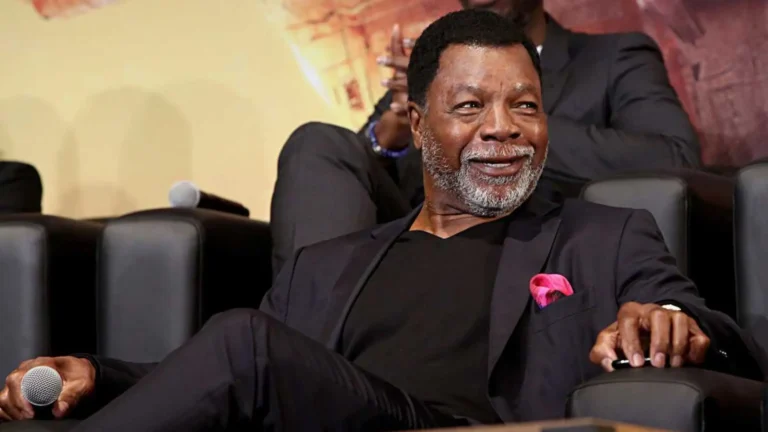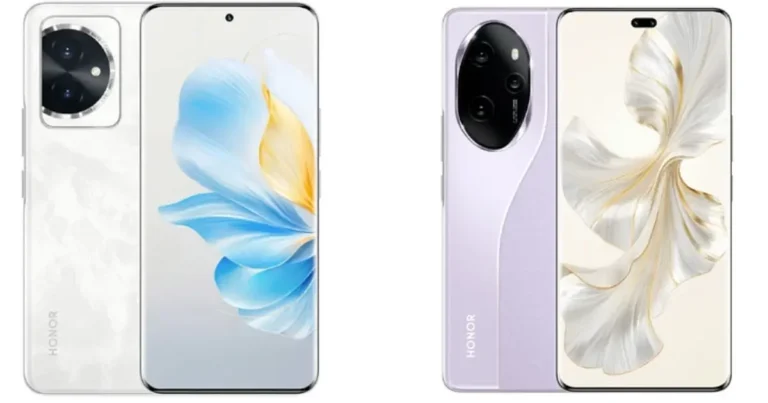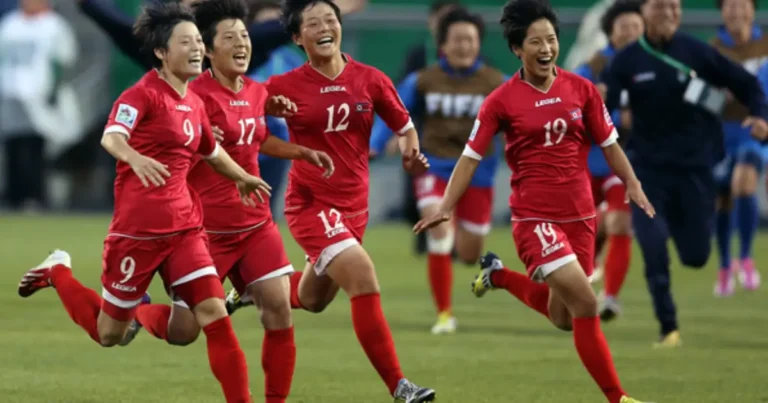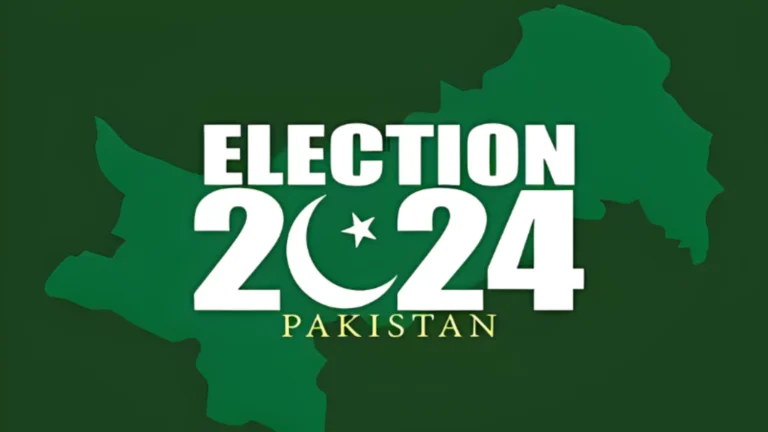Russia-North Korea Ties: Putin Gifts ‘Luxury Car’ to Kim Jong Un
Among the ongoing geopolitical tensions and shifting alliances, a recent event has received significant attention: Russian President Vladimir Putin’s gift of a “luxury car” to North Korean leader Kim Jong Un. This gesture, symbolic of Russia-North Korea’s growing ties, has sparked debate about the potential implications for regional and global power dynamics. In this comprehensive article, we will delve into the complexities of this development, including the historical context, the motivations behind the gift, and its potential international ramifications.
Historical Background of Russia-North Korea Relations.
The relationship between Russia and North Korea dates back to the Soviet era, when the Soviet Union was instrumental in the formation and growth of the Democratic People’s Republic of Korea (DPRK). This long-standing alliance, formed in the aftermath of World War II, has survived the collapse of the Soviet Union and continues to influence the dynamics between the two countries today. Despite strained relations, Russia and North Korea have consistently maintained diplomatic ties, with both countries recognizing each other’s strategic importance in the region.
Putin’s pragmatic approach to North Korea
Vladimir Putin, Russia’s President, has taken a pragmatic approach to relations with North Korea, acknowledging the importance of maintaining a delicate balance in the region. While Russia has expressed concern about North Korea’s nuclear ambitions and supported UN sanctions, it has also attempted to engage with the isolated country through diplomatic channels. Putin’s gift of a “luxury car” to Kim Jong Un can be seen as an extension of this strategy, which aims to strengthen ties and assert Russia’s influence on the Korean Peninsula.
The Symbolic Significance of the “Luxury Car”
Putin’s gift of a “luxury car” to Kim Jong Un is significant in symbolic terms. Beyond its material value, the gesture strengthens Russian-North Korean relations and signals Russia’s willingness to engage with the isolated regime. The “luxury car” can be interpreted as a sign of respect and goodwill, potentially opening the door to closer cooperation between the two countries on a variety of fronts, including economic, political, and military.
Possible Motivations for Putin’s Gift
Putin’s decision to present Kim Jong Un with a “luxury car” could be motivated by several factors. For starters, it could be an attempt to balance the regional influence of other major powers like China and the United States. By strengthening ties with North Korea, Russia could position itself as a key player in future negotiations or efforts to resolve the Korean Peninsula’s ongoing tensions. Furthermore, the gift could be a strategic move to secure economic and trade opportunities with North Korea, potentially providing access to valuable resources and markets.
Impact on Regional Stability and Global Power Dynamics
The strengthening of Russian-North Korean ties as a result of Putin’s gift has the potential to affect regional stability and global power dynamics. On the one hand, it could be interpreted as a destabilizing factor, as it could strengthen North Korea’s defiant stance and complicate efforts to denuclearize the Korean Peninsula. On the other hand, Russia’s increased engagement with North Korea could open up diplomatic channels and facilitate a peaceful resolution to the region’s ongoing tensions, positioning Russia as a mediator.
Conclusion
Vladimir Putin’s gift of a “luxury car” to Kim Jong Un is a symbolic gesture with far-reaching implications for the future of Russia-North Korea relations and the larger geopolitical landscape. While the motivations for this gift may be multifaceted, it undoubtedly represents a strengthening of the two countries’ longstanding alliance.
As the world watches these developments unfold. It is critical to consider the potential implications for regional stability, global power dynamics. And ongoing efforts to resolve the complex issues surrounding the Korean Peninsula. Finally, this event serves as a reminder of the complex web of international relations and the constantly changing nature of global alliances.

